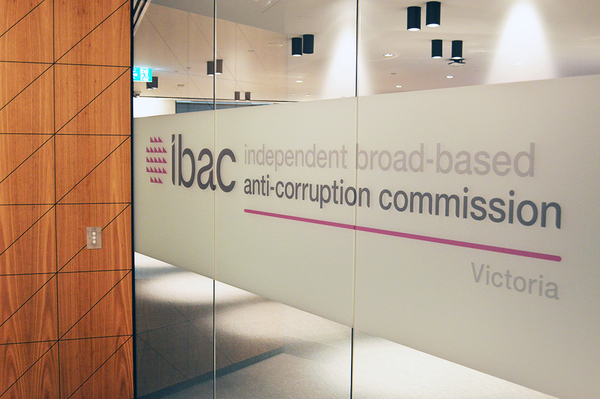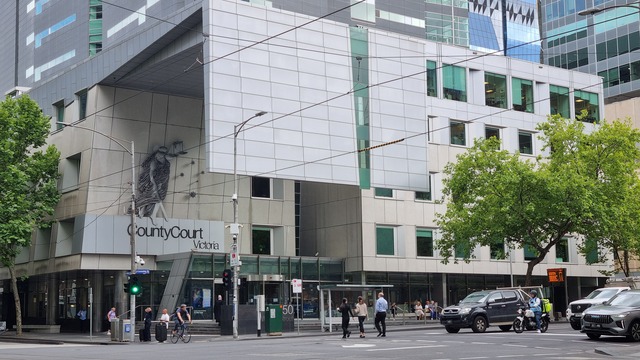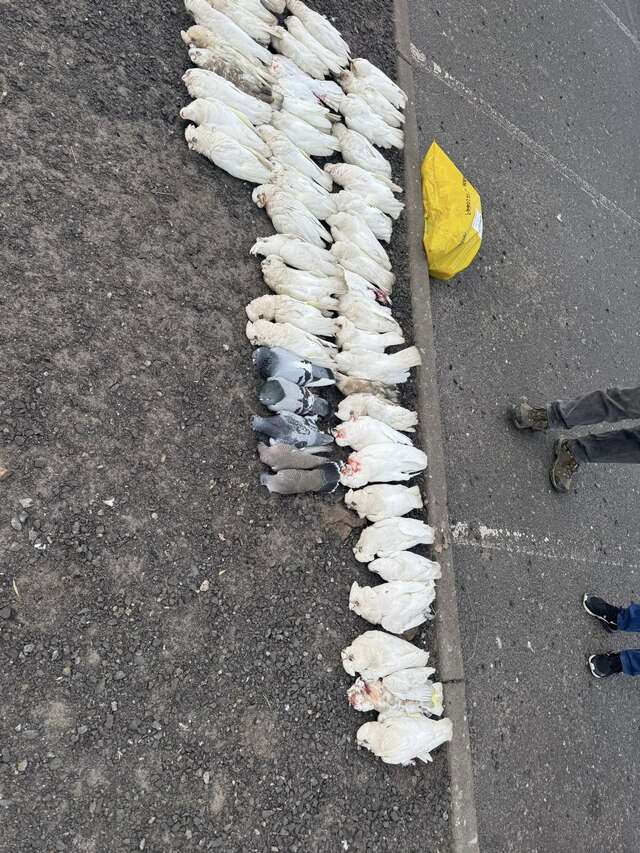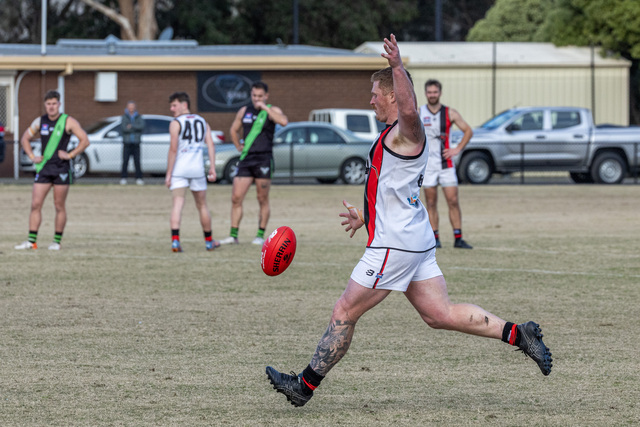Greater Dandenong has taken the “first step” towards a register for councillors to record their contact with property developers and lobbyists.
On 15 June, councillors voted for council officers to develop a draft policy on a “contact register”.
Councillors Rhonda Garad and Sean O’Reilly authored the successful motion.
Cr O’Reilly intended the motion to kickstart options on how councillors record a developer’s approach on the “public record”.
“The public expects increased transparency in decision making amongst their elected leaders.
“I’m glad that councillors have taken this first step for a heightened level of transparency and accountability and informing the public.”
Cr Garad noted the neighbouring City of Casey was currently under administration.
In 2020, Casey councillors were sacked by the State Government amid an unfolding inquiry into councillors and property developers’ dealings at IBAC.
The inquiry – which was launched publicly in late 2019 – is still ongoing.
Cr Gard said a register would show councillors “stand for open and transparent governance”.
A register would allow “the community to view councillor-developer interactions and instill confidence that all parties are acting in the best interests of the community”, she said.
Under the motion, council officers will explore “suggested” options include whether reporting will be mandatory or voluntary, and whether the register is publicly accessible or by application.
It will also establish how to inform a person that they will be listed on the register.
Several local councils in Australia are implementing similar contact registers. In Victoria, there is no legislated requirement for councils to have such a register.
The motion’s preamble proposed Greater Dandenong go “beyond the minimum requirements”.
“Strong lobbying by both proponents as well as opponents to planning and development initiatives is a well-known occurrence and has seen increasing media attention both within Victoria and elsewhere in Australia.”
A best-practice model would give “greater confidence in the public domain of perceptions of bias or undue influence being avoided in the decision-making process”.







